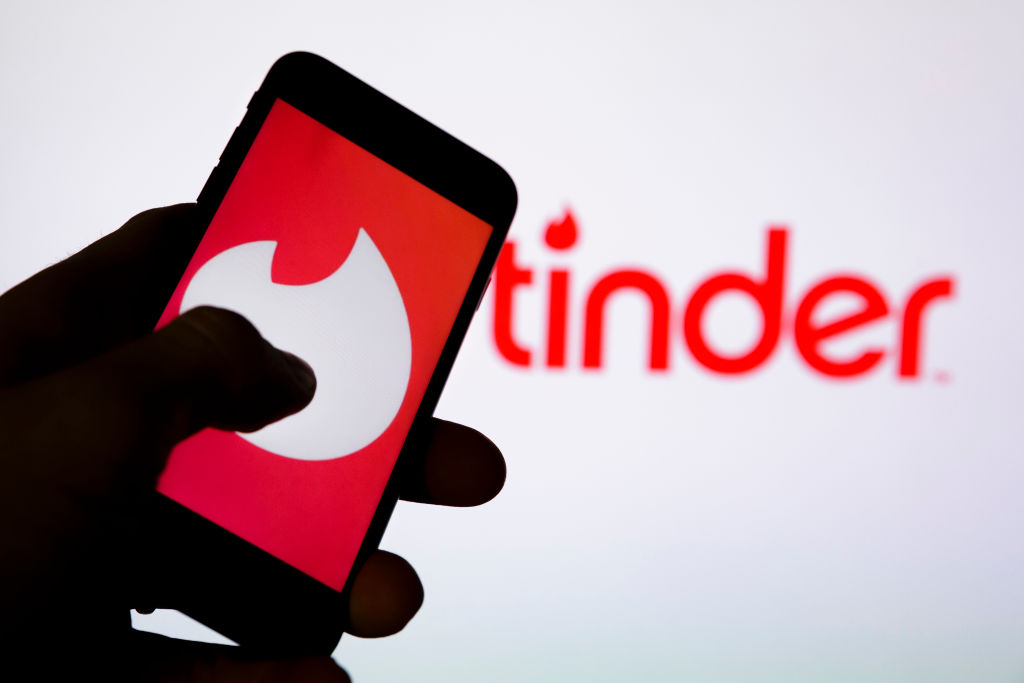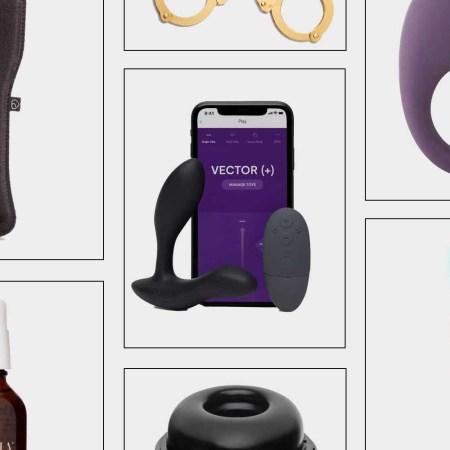While, as recently as a decade ago, it was considered weird to meet someone online, more than 40 percent of heterosexual couples report having met on a dating app. Kevin Teman, founder of Denver-based startup AIMM looks to defy the “cold” dating app algorithms and go further.
With AIMM, AI coaches users through a first phone call, gives advice for the first date, and even provides feedback afterwards. The software works by matching users without the swiping platform, instead having users casually converse with AI about dream homes, date ideas and pet preferences.
“It’s guided,” Teman said. “You’ll say if you’ve gone on your date, and it gets feedback on chemistry and how you felt overall. If you indicated highly, you follow up and set up a new date. If it didn’t go well and you like the person, it says to give it some time and be patient.”
Andrew McStay, a Professor of digital media at Bangor University and author of Emotional AI: The Rise of Empathic Media, believes that artificial intelligence is the future of dating, but he thinks that the technology is too new to know for sure.
“This is less a dating question than a human-device interface issue,” McStay said. “There’s every reason to believe that people will increasingly interact with devices and content through voice, especially as natural-language processing techniques improve.”
Believe it or not, AIMM isn’t the only company looking into the future of AI-assisted dating. In summer 2018, Match (which includes Match, Tinder, OkCupid, and Plenty of Fish) announced its partnership with Google to create a dating advice chatbot named Lara, which pulls one profile a day and, if there’s mutual interest, offers advice on first date spots, how to respond to a match, and how to structure a successful date.
However, there are concerns over whether the developing platform is useful or even harmful to users. AIMM is designed specifically for heterosexual couples, even as members of the LGBTQ community are much more likely to use dating apps. In addition, the app is structured for a man to ask a woman out, not the other way around. How AIMM will fare against the likes of Bumble (in which women must make the first move) is anyone’s guess.
Yet, the most dystopian element of AIMM doesn’t have to do with gender roles or inclusion. Facial recognition integrated into the software may provide an even creepier look into an AI dating assistant, which will be designed to read each user’s emotions.
“There’s a video component analyzing your emotions,” Teman said. “This portends a lot in terms of the next stages for such services,” he said, discussing prosody (various inflections and intonations humans take on when speaking) in order to “gauge voice-based enthusiasm and interest levels of users … [but] one has to pay careful attention to the method of inferring emotion from faces or voice.”
If that doesn’t sound like an episode of Black Mirror, we don’t know what does.
Thanks for reading InsideHook. Sign up for our daily newsletter and be in the know.


















